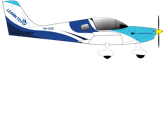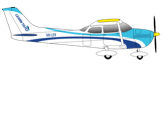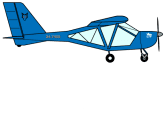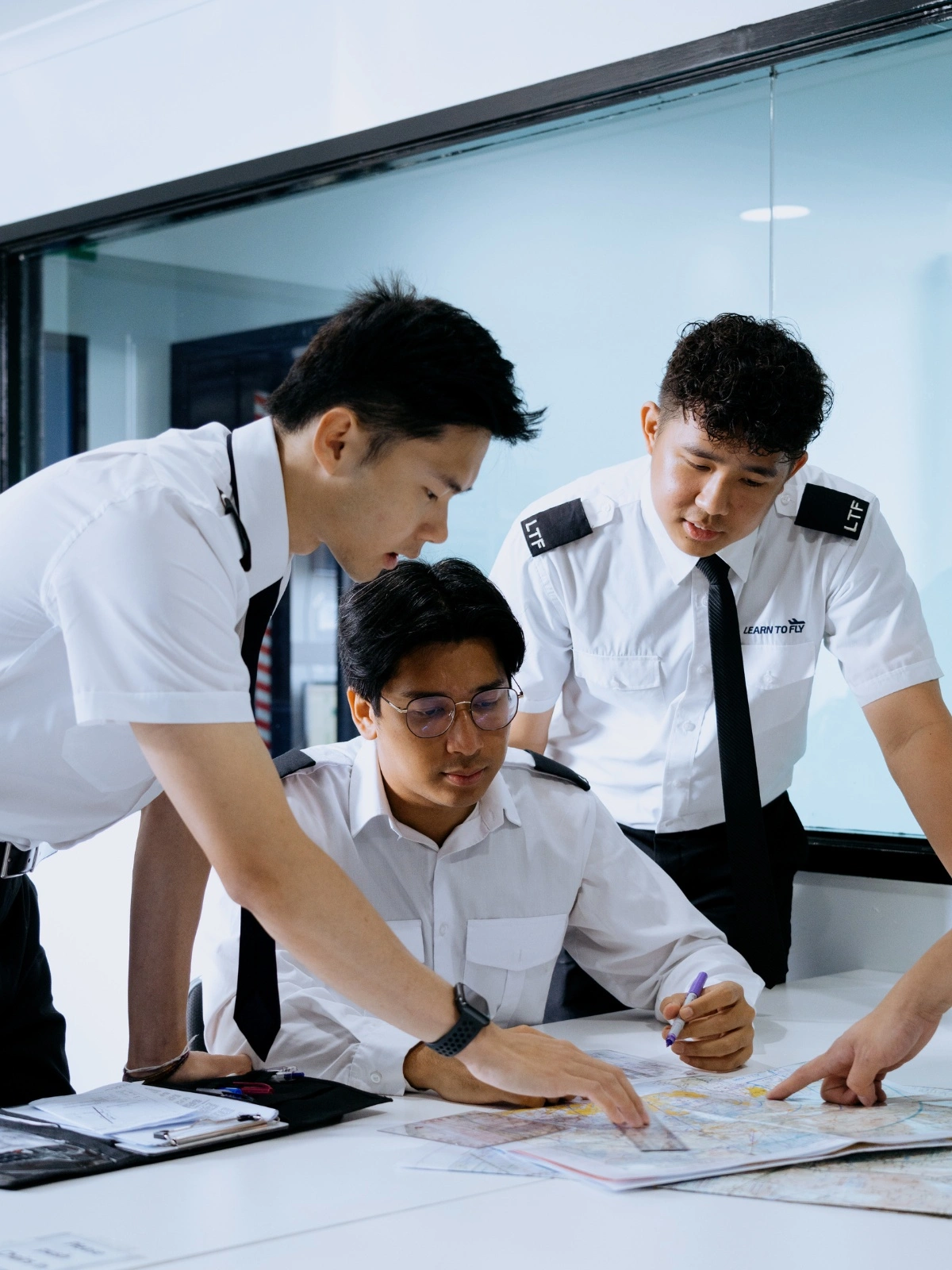
May 09, 2024
Navigating behavioural interview questions: Showcasing leadership and problem-solving abilities in aviation
Successfully navigating behavioural interview questions is crucial for aspiring cadet pilots and seasoned professionals alike. These interviews are designed to assess candidates’ abilities to handle real-world situations, with a focus on leadership, problem-solving, and other key competencies essential for success in the cockpit.
Exploring the purpose and format
Behavioural interview questions are designed to elicit specific examples of past behaviour to predict future performance. Rather than hypothetical scenarios, these questions focus on real-life experiences and actions taken in response to various situations. The format typically follows the STAR method, which stands for Situation, Task, Action, and Result, allowing candidates to structure their responses in a clear and concise manner.
Crafting compelling STAR responses
To effectively utilise the STAR framework in a behavioural interview, start by reflecting on past experiences that demonstrate key competencies sought by interviewers, such as leadership and problem-solving abilities in aviation contexts. Identify specific instances where you faced challenges or opportunities to showcase these skills.
Structure your responses by describing the Situation you encountered, providing context for the scenario. Outline the Task that was required for the situation and the Actions you took to address it, emphasising your decision-making process and leadership approach. Summarise the Results or outcomes of your efforts, highlighting the impact of your actions and any lessons learned from the experience.
By following this structured approach, you can provide clear, concise, and compelling examples that effectively demonstrate your capabilities and suitability for the role.
Utilising the CAR method
In addition to the STAR method, candidates can utilise the CAR method (Context, Action, Result) to structure their responses to behavioural interview questions. Begin by providing context for the situation or problem you faced, describe the actions you took to address it and conclude by summarising the results or outcomes of your efforts.
Identifying key competencies in leadership and problem-solving
Leadership and problem-solving are critical competencies that directly impact safety, efficiency, and overall operational success. Aspiring cadet pilots must demonstrate their ability to lead teams, make quick decisions under pressure, and effectively solve complex problems.
Highlighting leadership experience and demonstrating problem-solving skills
When discussing leadership experience in a behavioural interview, focus on concrete examples of when you successfully led teams or projects in aviation-related contexts. Whether coordinating flight operations, managing crew members, or overseeing emergency procedures, provide specific details about your role, responsibilities, and the impact of your leadership efforts.
Problem-solving skills are essential for overcoming unexpected challenges and ensuring the safety and efficiency of flight operations. When discussing your problem-solving abilities in a behavioural interview, share stories of when you successfully resolved issues or addressed challenges in aviation settings, such as weather-related delays, mechanical issues or communication breakdowns.
Emphasising collaboration and teamwork
Collaboration and teamwork are essential components of success in aviation, where effective communication and coordination are critical for safe and efficient flight operations. When discussing your collaboration and teamwork skills in a behavioural interview, share examples of times when you worked effectively with colleagues, crew members, or other stakeholders to achieve common goals or solve problems.
Illustrating adaptability and flexibility
Adaptability and flexibility are invaluable qualities that enable pilots to navigate unforeseen challenges and changes in circumstances. When discussing your adaptability and flexibility in a behavioural interview, provide examples of times when you successfully adapted to changing situations, such as last-minute flight schedule changes or equipment malfunctions.
Showcasing decision-making abilities
Decision-making is a critical skill for pilots, who must often make split-second decisions under pressure to ensure the safety and well-being of passengers and crew. When discussing your decision-making abilities in a behavioural interview, share examples of times when you were faced with difficult choices or high-pressure situations, and explain how you approached the decision-making process and the rationale behind your actions.
Lessons learned and skills developed from past experiences
Take the opportunity in an interview to reflect on your personal growth and development as a pilot. Share examples of times when you faced challenges or setbacks, and discuss the lessons learned and skills developed as a result of those experiences. By demonstrating your ability to learn and grow from past experiences, you can showcase your readiness and suitability for the challenges of the aviation industry.
Navigating behavioural interview questions requires careful preparation, self-reflection, and the ability to articulate your experiences and achievements in a clear and compelling manner. By understanding the purpose and format of behavioural interviews, identifying key competencies relevant to aviation contexts, and crafting compelling STAR stories that showcase your leadership and problem-solving abilities, you can effectively demonstrate your readiness and suitability for a career in aviation during a cadet pilot interview or airline pilot technical interview. With the right preparation and approach, you can confidently navigate the challenges of the interview process and position yourself for success in the competitive field of aviation.


